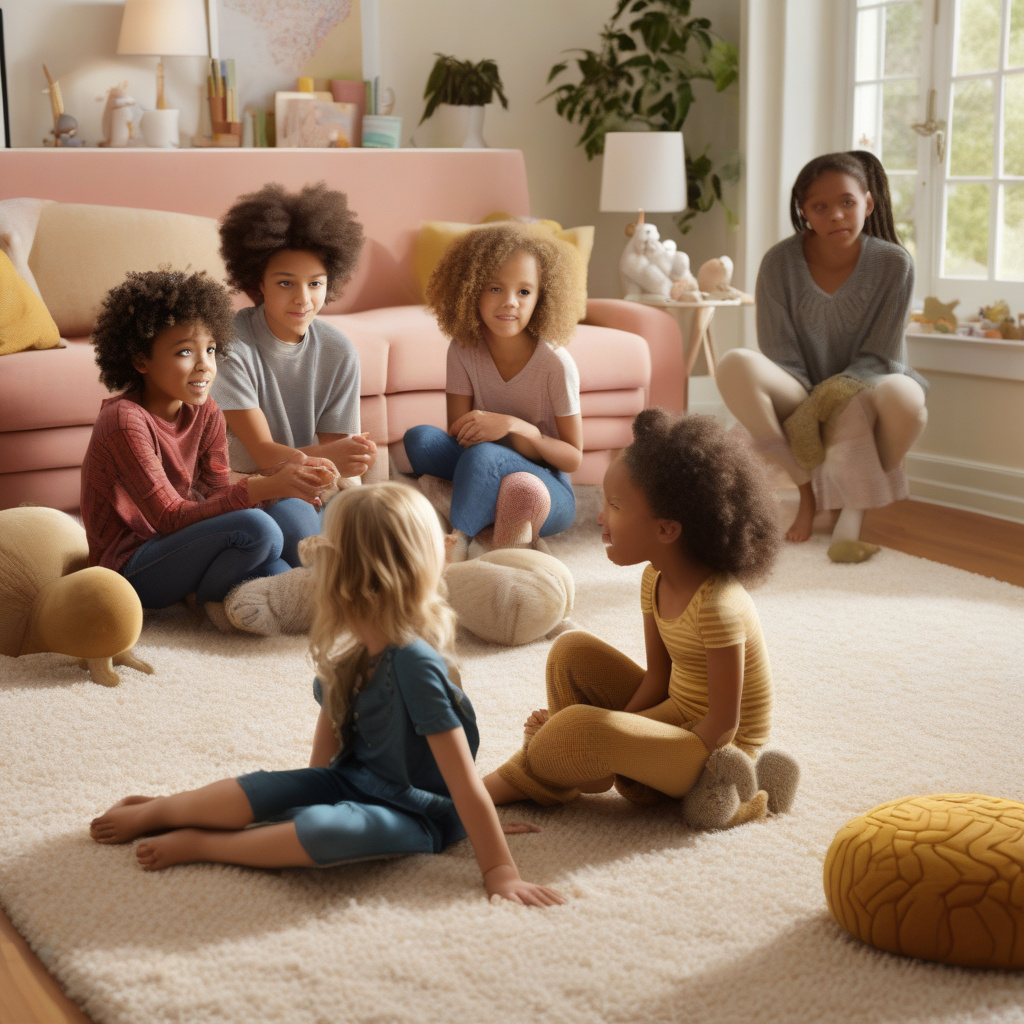Children Turning to AI for Friendship Raises Alarms
In today’s digital age, children are increasingly turning to artificial intelligence (AI) for companionship and friendship. While technology has undoubtedly brought about numerous benefits and conveniences, the trend of children forming deep connections with AI-powered chatbots and virtual assistants has raised concerns among experts. A licensed counselor has warned that prolonged AI use may hinder children’s ability to reconnect with family and friends, emphasizing the importance of fostering real-life relationships in the development of young minds.
The allure of AI companionship for children lies in the constant availability, lack of judgment, and tailored interactions that these technologies offer. AI chatbots, such as those found in virtual assistants or social robots, can engage children in conversations, play games, and provide emotional support. For lonely or introverted children, AI companions may serve as a source of comfort and entertainment, filling a void that they perceive in their social lives.
However, while AI companionship may seem harmless on the surface, there are underlying risks and implications that warrant attention. One of the primary concerns raised by experts is the potential impact of excessive AI use on children’s social and emotional development. Human relationships are complex and nuanced, requiring empathy, communication skills, and the ability to navigate various social cues – aspects that AI companions lack.
By relying heavily on AI for companionship, children may miss out on crucial opportunities to develop these essential social skills. Face-to-face interactions with family members, peers, and friends play a fundamental role in shaping a child’s emotional intelligence, resilience, and capacity for forming meaningful connections. When AI becomes a substitute for real human relationships, children may struggle to forge genuine bonds and navigate the complexities of interpersonal dynamics.
Furthermore, the use of AI companions raises questions about privacy, data security, and the ethical implications of children confiding personal information in these digital entities. AI technologies are programmed to collect and analyze vast amounts of data to personalize interactions and responses, raising concerns about the confidentiality and protection of children’s sensitive information. Without proper safeguards and regulations in place, there is a risk that children’s privacy could be compromised or exploited through their interactions with AI companions.
As parents, educators, and policymakers grapple with the implications of children turning to AI for friendship, it is essential to strike a balance between embracing technological advancements and prioritizing the well-being of young individuals. Encouraging healthy screen time habits, fostering open communication about the use of AI technologies, and providing ample opportunities for real-world social interactions are crucial steps in mitigating the potential risks associated with excessive AI companionship.
Ultimately, while AI companions may offer temporary solace and entertainment for children, they should not serve as a substitute for authentic human connections. As the licensed counselor aptly warns, prolonged AI use may hinder children’s ability to reconnect with family and friends, underscoring the importance of nurturing meaningful relationships offline in an increasingly digital world.
children, AI, friendship, companionship, socialization
